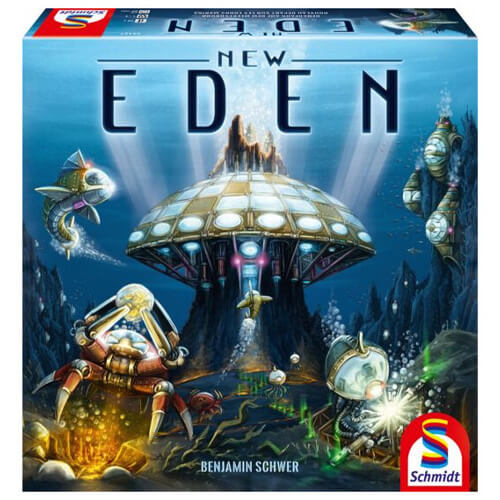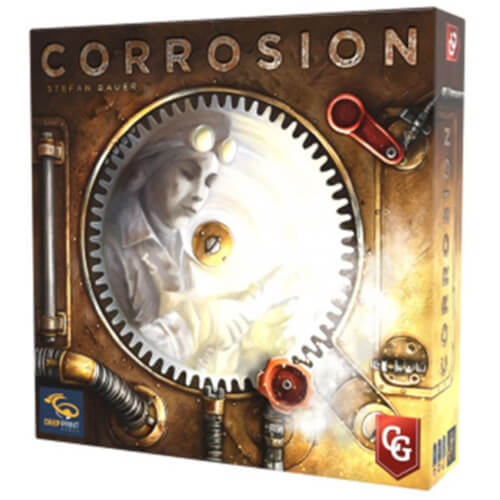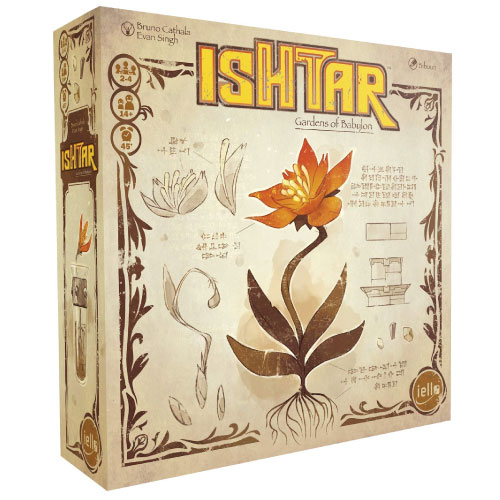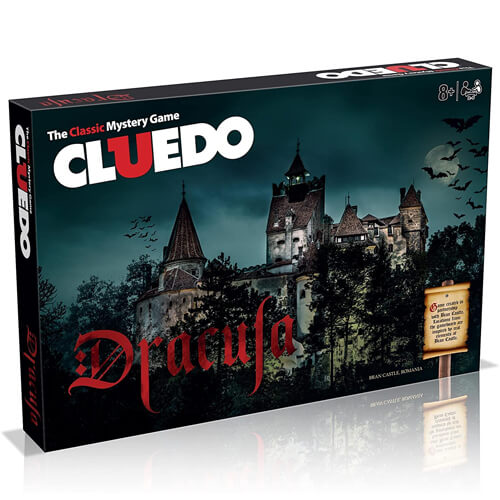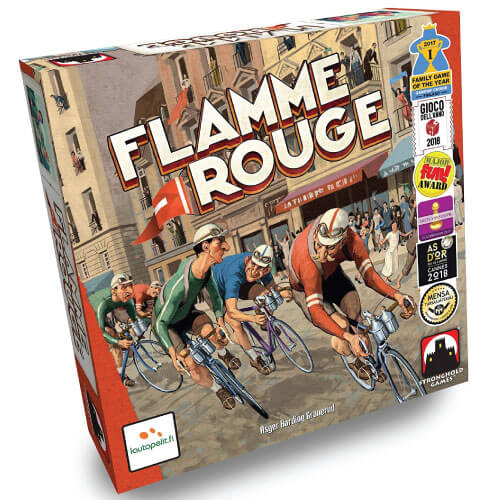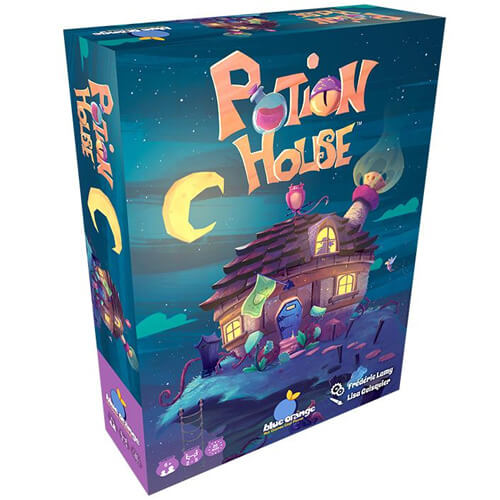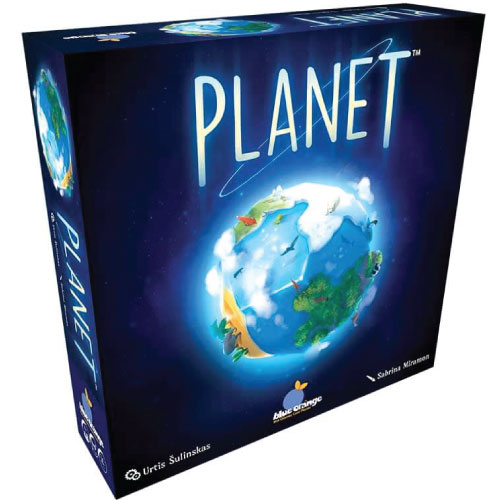It’s the year 2442, and Earth is facing complete destruction. The sea level is irrevocably rising, and the vast depths of the ocean now lie above the former land areas. Inspired by Jules Verne’s visions and equipped with the latest technology, a deep sea city — “New Eden” — is being built, with the main dome standing on a “White Smoker”, a spring at the bottom of the sea from which hot water flows at up to 300 °C.
This current forms a basic supply for the inhabitants (represented in game by coins), and from there, the station is constantly being expanded and enlarged with useful modules from the last mega-factories on the coast of Mount Everest or from the black market in order to receive further resources, points, and lucrative advantages. Many of these well-intentioned actions can damage “New Eden”, however. Will the station withstand this damage, or will it collapse in on itself? Only those who keep an eye on the balance between progress and destruction can collect points in the final scoring. Whoever has built the most points and thus the safest and most livable station wins “New Eden”.
In more detail, New Eden lasts three rounds. Each round, first reveal the module cards and place them in four rows. Players take turns buying a card from the display, using oxygen to take an action with a diver on a module, or passing. When you buy a card, the cost can vary from 10 coins + 3 repaired damage to 1 coin + 1 damage. When a row is empty, all cards drop down one level, making them cheaper, but potentially damaging. Discard all cards on display once everyone has passed.
Once all players have passed, enter the black market phase. Each player takes three cards from the black market deck, with remaining cards placed in rows on the display. Pay for any cards with coins and damage, then place the remaining cards in a row of the display.
Players then bid on a row in the display, with each row having a combination of discard black market cards and empty spaces, which allow you to move a diver and activate a module. Once all four rows have been auctioned, players have a brief scoring and clean-up before the next round.
After three rounds, if your level of damage exceeds the meter on your board, you score no endgame points, keeping only those points scored during play. Whoever has the highest score wins.



